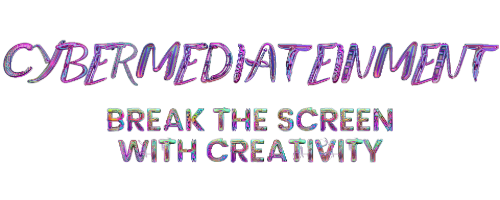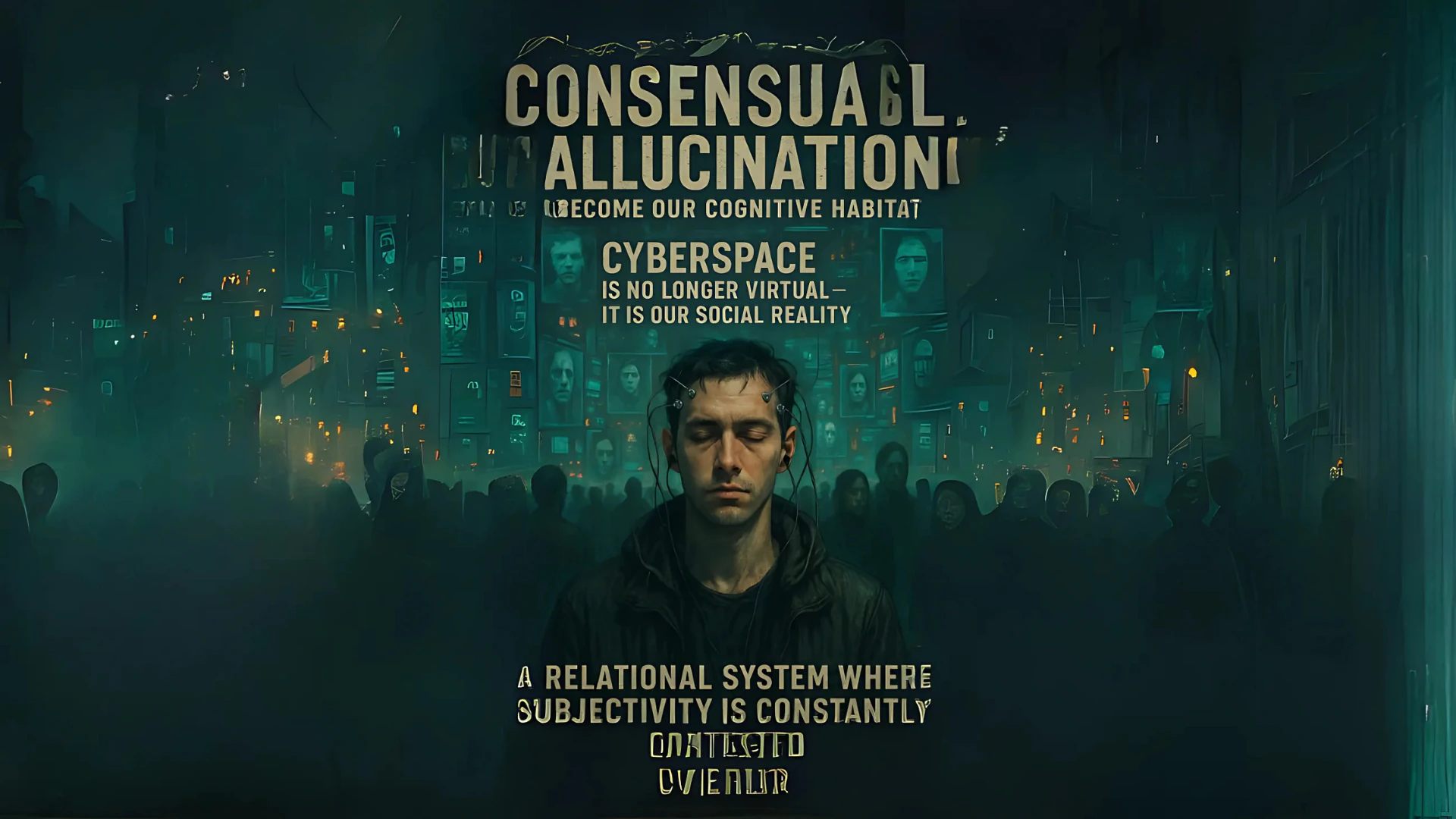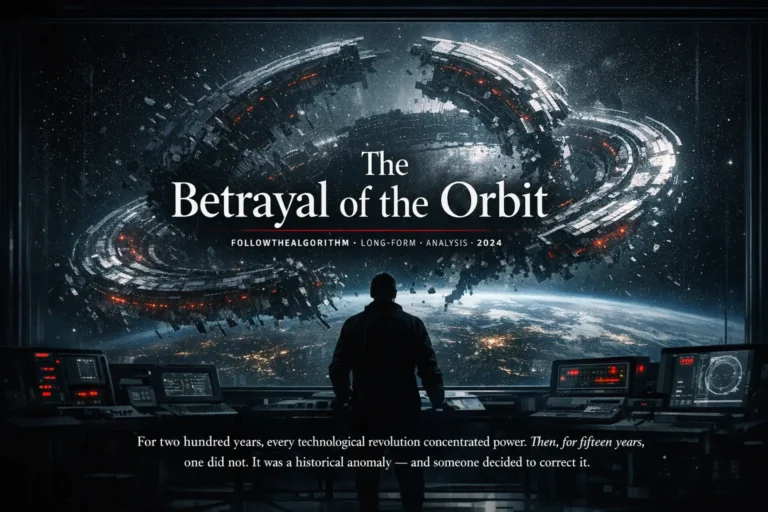Algorithmic Subjectivity and the Society of Control
1.The Illusion of Choice
Welcome to the algorithmic age
We live in digital environments that promise freedom, personalization, and unlimited connectivity. But every time we scroll through a feed, click on a link, or listen to an algorithmically suggested playlist, we must ask: is it really our choice? Or are we just performing a script written elsewhere?
“Power is not something that is seized; it is exercised… and it is exercised within a network of relations.” — Foucault, Microphysics of Power, 1977
Today, that network is both infrastructural and symbolic: every scroll, like, and comment is recorded, profiled, and transformed into data.
2. Digital Panopticon and Active Self-Surveillance
Foucault reinterprets Bentham’s panopticon as a surveillance system that guides behavior through the invisibility of the watcher. Today, the digital panopticon is manifested through continuous tracking infrastructures capable of monitoring every node of our digital citizenship: bodies, data, interactions.
“Media power is not exercised directly, but through devices of selection, normalization, and the construction of what is speakable and visible.” — Colombo, The Sociable Power, 2013
We internalize this and begin to police ourselves. Surveillance becomes voluntary. Behavior is optimized for visibility, engagement, conformity.
3. Performative Identity: Mead, Turkle, and the Quantification of the Self
According to Mead, identity emerges through interaction with the “generalized other.” In today’s platforms, the generalized other is the algorithm. Identity is constructed and measured through strategic feedback loops: likes, shares, visibility metrics.
“The Self emerges from social interaction; it is not given, but constructed.” — Mead, Mind, Self and Society, 1934
Turkle notes that digital environments facilitate constant experimentation with identity, but this fluidity fragments the self. In the logic of the algorithm, we are visible only if we are quantifiable, clickable, monetizable.
4. Mimicry and Algorithmic Rituals: Lévi-Strauss and Performative Culture
Lévi-Strauss revealed how myths organize social cohesion and identity. On platforms, memes, templates, and trends become digital rituals that shape collective behavior through repetition and mimicry.
“Media logic does not merely transmit messages: it builds cognitive frames, organizing access to the world.” — Colombo, The Subtle Culture, 1998
Divergence is not punished, but rendered invisible. The algorithm amplifies what conforms, making deviance irrelevant.
5. Biopower and Parrhesia in Algorithmic Society
Foucault defined biopower as the regulation of populations and life itself. Algorithms now regulate what is seen, viral, or rendered real.
“Power produces reality; it produces domains of objects and rituals of truth.” — Foucault, Discipline and Punish, 1975
Parrhesia—truth-telling in public—is marginalized. Visibility is driven by engagement metrics. Truth becomes a liability. Colombo argues that algorithmic logic hinders parrhesia: platform architecture suppresses sincerity.
6. Resisting Algorithmic Subjectivation
To resist today is to slow down, create spaces of opacity, rethink narrative autonomy. Freedom is not the absence of control—it is the refusal to be predictable.
“We must foster a media ecology that reduces symbolic pollution and reopens spaces for authenticity and dialogue.” — Colombo, Media Ecology, 2020
Resistance is the act of reclaiming unpredictability, choosing ambiguity over optimization, and dissent over conformity.
References
- Michel Foucault, Discipline and Punish, 1975
- Michel Foucault, Microphysics of Power, 1977
- George H. Mead, Mind, Self and Society, 1934
- Claude Lévi-Strauss, Structural Anthropology, 1958
- Sherry Turkle, Life on the Screen, 1995
- Fausto Colombo, The Sociable Power, 2013
- Fausto Colombo, The Subtle Culture, 1998
- Fausto Colombo, Control, Identity, Parrhesia, 2012 (Wikipedia)
- Fausto Colombo, Media Ecology, 2020







